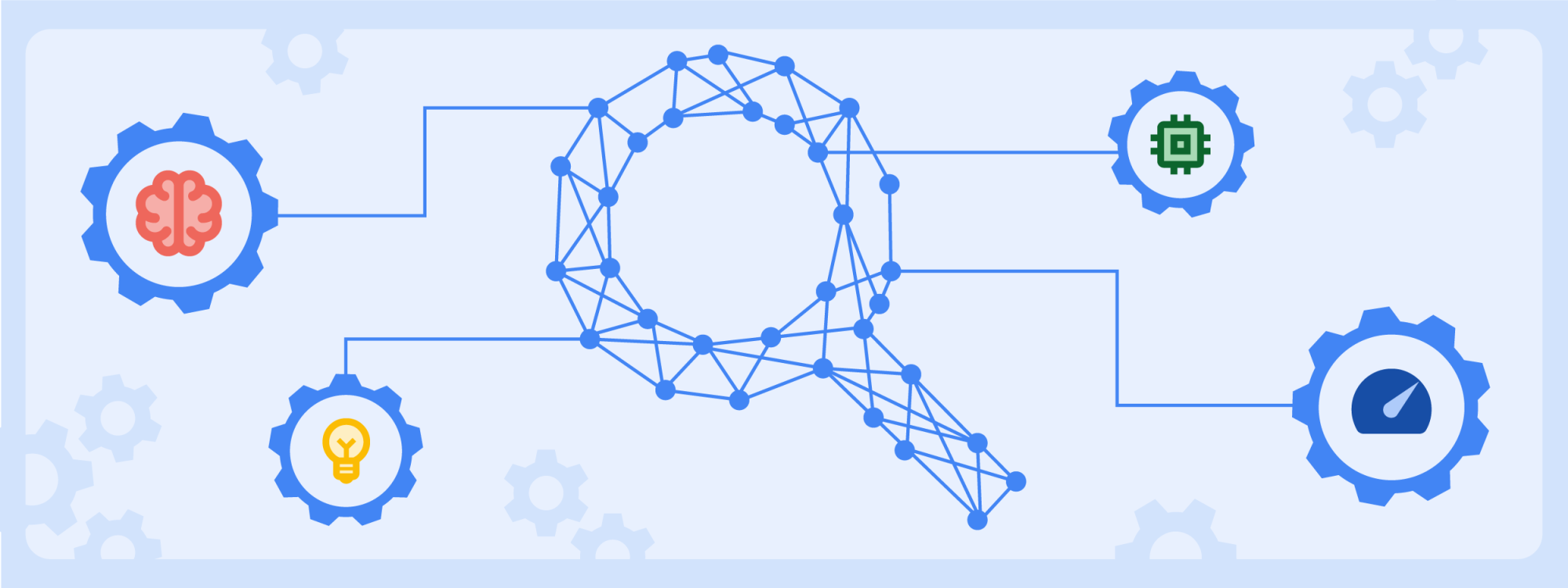
Machine learning comes to Chrome's address bar
Google's foray into AI, exemplified by its popular AI chatbot, Gemini, is extending to more of its services and apps. Notably, the Chrome browser is poised to showcase its potential in incorporating AI features. In a recent update, we shared the news of a potential Gemini integration in Google Chrome for desktop to enhance the address bar. Now, the Chrome address bar, also known as the Omnibox, is set to elevate its intelligence by integrating cutting-edge machine-learning models.
As noted in the Chromium Blog, starting with Chrome version M124, Google is integrating machine learning models into Chrome's address bar to provide users with more accurate and relevant web page suggestions. These machine-learning models will also help increase the relevance of search suggestions.
Chrome's Omnibox will now offer smarter suggestions
Chrome software engineer Justin Donnelly sheds light on the challenges faced by the engineering team in enhancing Omnibox. The hand-crafted formulas it used previously were not well-suited to modern scenarios, leading to the scoring system remaining unchanged for a significant period. Moreover, altering a feature used billions of times daily posed another significant challenge for the team.
Donnelly added that the machine learning models used to train the Chrome Omnibox could identify some interesting patterns. For example, when users select a URL and then immediately return to Omnibox to search for another URL, the ML system decreases the relevance score of that URL. In future attempts, the ML system won't prioritize the URL with a lower score in that context.
According to Chrome software engineers, integrating machine learning models into the Omnibox holds immense potential for enhancing the user experience. These models could potentially adapt to the day's time, offering users more relevant results. Donnelly also revealed that the Chrome engineering team is exploring training specialized versions of the model for mobile, enterprise, or academic environments, further enhancing the user experience on various platforms.The feature will be available on Google Chrome for Windows, Mac, and ChromeOS. Meanwhile, a similar feature is more likely to be added to the Android version of Chrome soon for a unified experience.